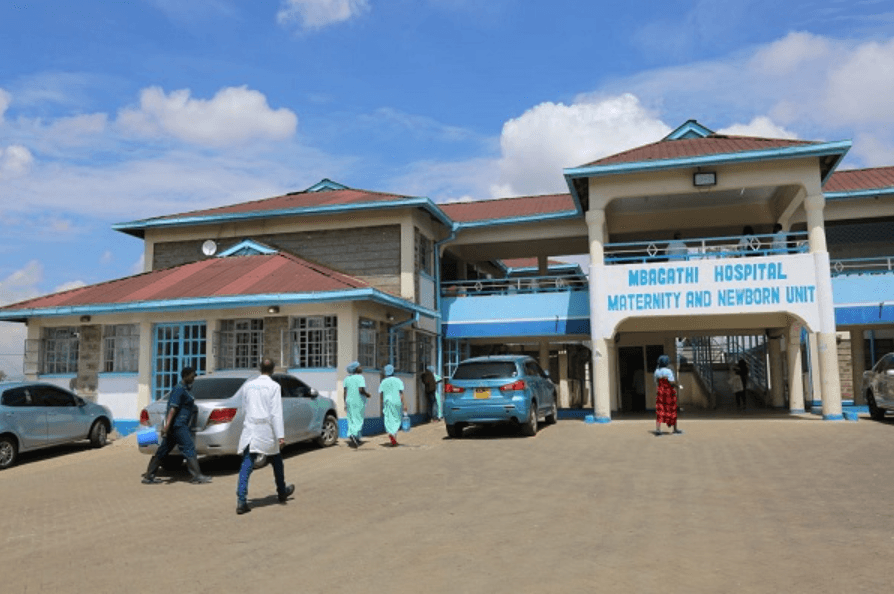We're loading the full news article for you. This includes the article content, images, author information, and related articles.
Nairobi’s Mbagathi Hospital has stopped offering medical services to prison inmates until the Kenya Prisons Service pays an overdue Ksh12 million bill, forcing prisons to find alternative healthcare for sick prisoners.

Nairobi, Kenya — Medical care for prisoners in the capital has been thrown into limbo after Mbagathi Hospital suspended treatment of inmates over an outstanding bill exceeding KSh12 million. The hospital says the debt, accumulated since 2018, has strained its operations and left it unable to continue providing services without payment.
On August 4, Mbagathi Hospital issued a formal notice to the Kenya Prisons Service (KPS) halting inmate treatment until the arrears are cleared. Officials explained that while KPS has paid about KSh6.7 million over the years, more than half of the debt remains unsettled. The mounting bill has, according to hospital management, undermined the facility’s ability to buy medicines, service equipment, and maintain critical care capacity.
With Mbagathi withdrawing services, prison authorities have been forced to seek alternative hospitals for inmates. The sudden shift has raised concerns for prisoners with chronic illnesses and those requiring consistent follow-up care. Rights advocates argue that denying inmates access to healthcare violates constitutional guarantees and international standards. “Budgetary disputes cannot override the fundamental right to medical treatment,” one advocate observed.
The State Department for Correctional Services has begun talks with the hospital in an attempt to resolve the standoff. However, no immediate solution has been announced. Until then, prisons must shoulder the logistical and financial burden of transferring inmates to other hospitals, complicating care delivery and raising security risks.
The dispute highlights a recurring problem across Kenya’s public sector: unpaid debts among state agencies. Recent audits have flagged dozens of government departments and parastatals for failing to settle obligations on time. The National Treasury has warned it may bar indebted institutions from taking on new financial commitments unless they clear existing arrears.
Beyond the fiscal dispute lies the welfare of thousands of prisoners dependent on the state for healthcare. Analysts warn that unless the bill is resolved quickly, inmates could face delays or disruptions in treatment, exacerbating health risks in already overcrowded prisons. The Kenya Prisons Service has not disclosed how it plans to manage inmate healthcare in the interim, but pressure is mounting on authorities to act before the situation escalates.
Keep the conversation in one place—threads here stay linked to the story and in the forums.
Sign in to start a discussion
Start a conversation about this story and keep it linked here.
Other hot threads
E-sports and Gaming Community in Kenya
Active 9 months ago
The Role of Technology in Modern Agriculture (AgriTech)
Active 9 months ago
Popular Recreational Activities Across Counties
Active 9 months ago
Investing in Youth Sports Development Programs
Active 9 months ago